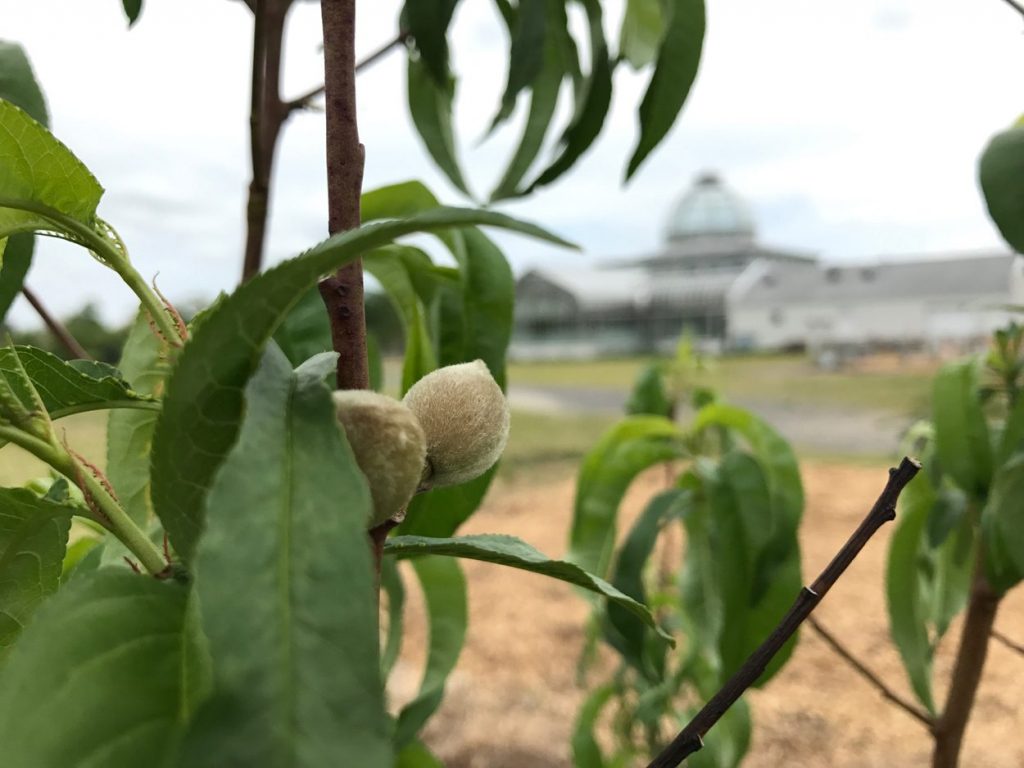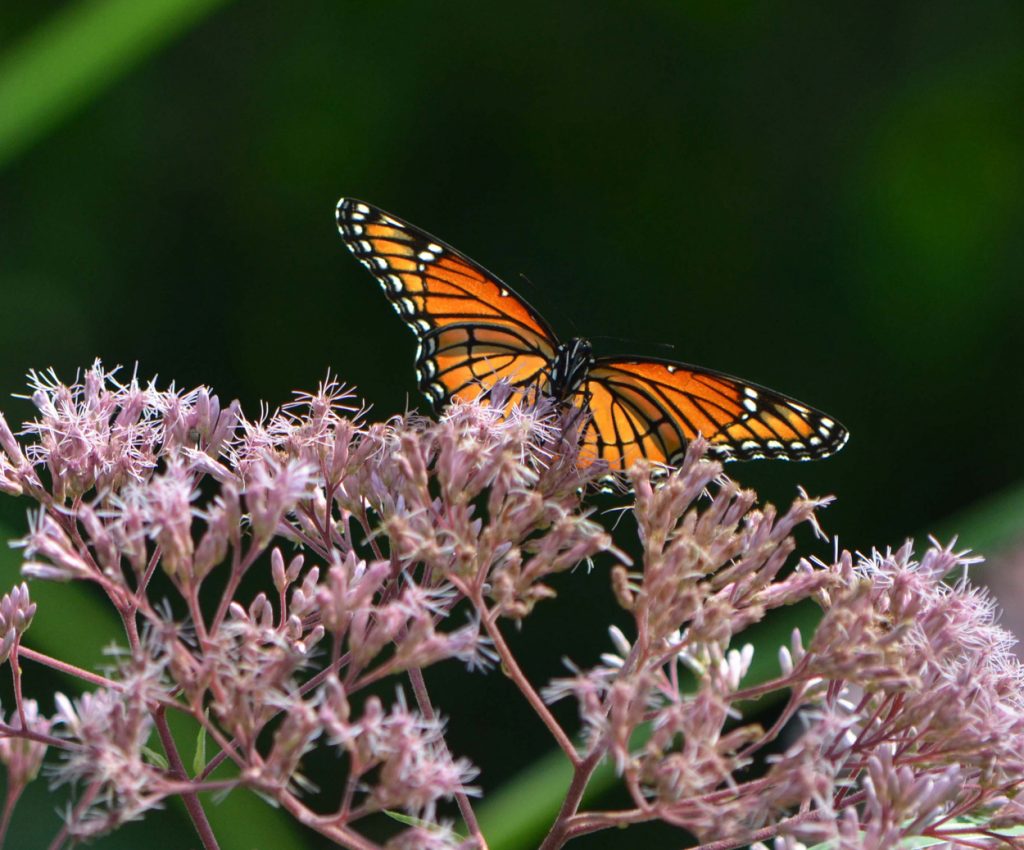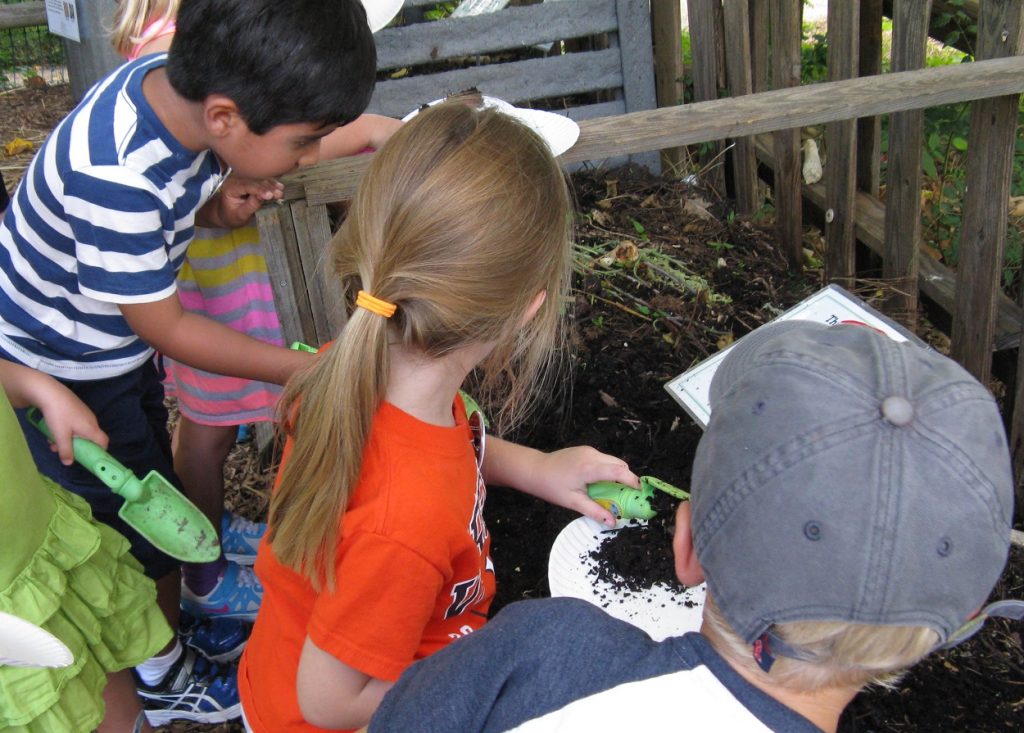Earth Day: 5 Easy Tips to Heal the Earth Everyday
We celebrate Earth Day on April 22 each year, but there are many things you can do to make every day Earth Day.
1. Be water-wise Earth Day and every day
Water early in the morning or later in the evening when less evaporation is likely to occur. It’s also best to allow water to soak slowly and deeply into the soil. This is done by watering less frequently, but for a longer period of time, and using a steady drip or low flow. Use recycled water when you can; consider installing a rain barrel. Building a rain garden can keep the run-off from your gutters and paved services out of the storm water system that eventually flow into our streams and the Chesapeake Bay. Read more watering tips from Lewis Ginter Botanical Garden.
2. Go native
Native plants are best because they are well, native. They are used to the growing conditions and water availability in your area and have a built in resistance to common pests and diseases. They are also important to local pollinators and wildlife, which benefit us all. Also remember that chemical applications to kill unwanted pests will most likely kill desirable insect populations as well, affecting the important food sources for birds, frogs and other wildlife. Adjust your aesthetic for a more realistic balance between perfection and natural.The Virginia Native Plant Society is a great resource for plants; if you want to attract native butterflies, we can help with that too!
3. Waste Not, Want Not
A lot of the stuff we throw out makes great compost – from veggie scraps to fallen leaves. Why not turn this waste into nutrients for your garden? It’s easy and you can set up in the way that suits you best, from a simple pile to a more elaborate system. Did you know there’s even an International Composting Awareness Week?

When planting a tree, why not choose one like this white peach tree so you can enjoy the fruit of your labor!
4. Plant a Tree
Everyone loves trees! Use mulch around the roots (but away from the trunk) to hold moisture in and keep roots cooler. Here are some tips on picking the perfect tree for the perfect place.
5. Kick the Grass
Consider ornamental grass as an eco-friendly alternatives to turf. Unlike traditional turf, ornamental grass typically requires little to no watering once established. Deep roots, typically much longer than that of traditional turf, enable ornamental grass to better tolerate drought conditions. Learn more about how the Garden is using ornamental grass.
Many thanks to the Garden’s Horticulture Manager George Cowart for help with this post. He had a few more tips that can help you as well as the Earth; we’ll add them here at no extra charge:
- use a broom instead of a blower for a little cardio workout and less carbon in the atmosphere
- include vegetables in your perennial borders and containers for their ornamental value (and get fresh veggies!)
- learn about the creatures you find in your yard and understand their value to the ecosystem before you kill them just because they look scary
Maybe there are some earth-friendly practices you like to use. If so, please share!

